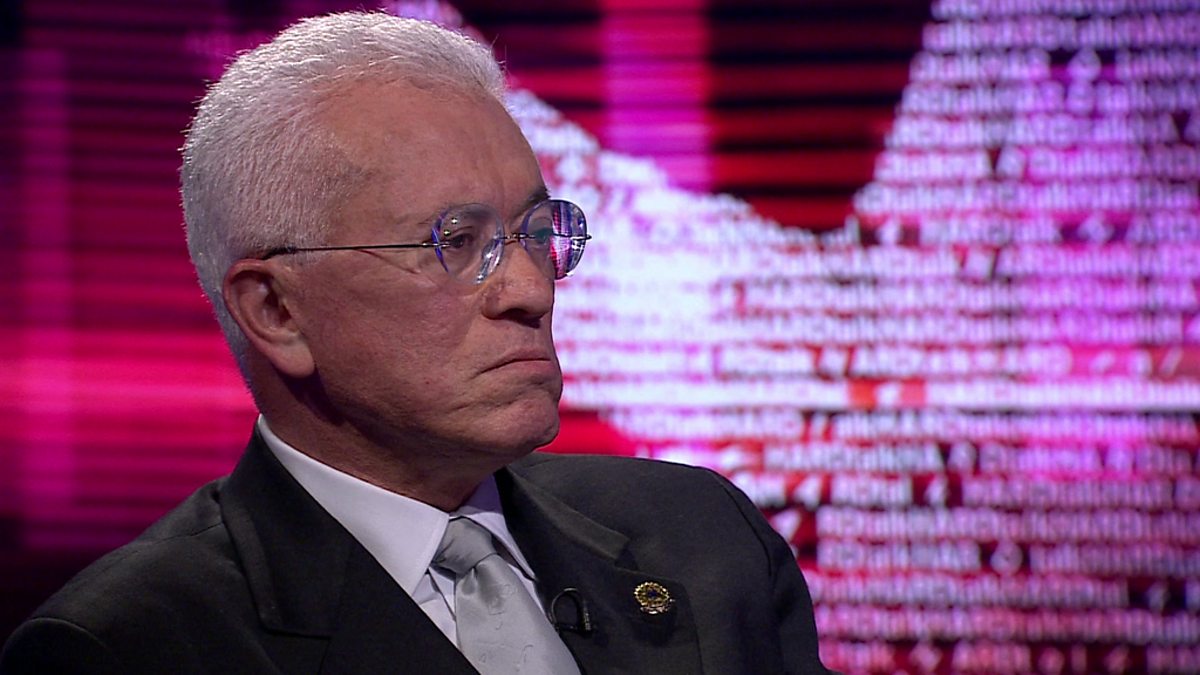I was interested to hear by chance an interview with the Brazilian philosopher Roberto Unger on the BBC World Service. This is someone who at least seems to be seeking to articulate a progressive alternative to the current political and economic structures. The ideas are not always entirely clear (at least to me) in their practical implications but they are thought-provoking. Here is the TV version of the interview (about 24 mins):
There is also a text version of a different interview here (in which he was inter al arguing for a progressive alternative to Obama).
There is also a text version of a different interview here (in which he was inter al arguing for a progressive alternative to Obama).


Comment